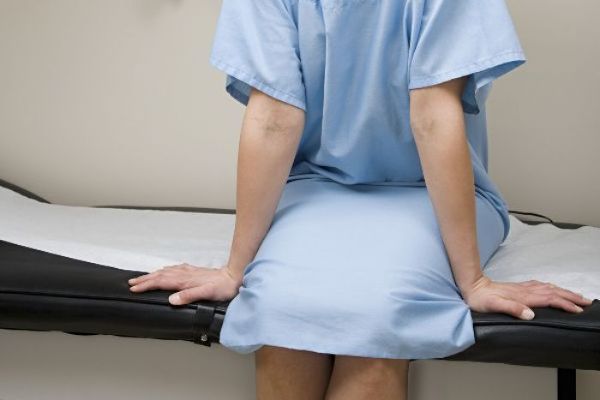
Cervical screenings in Ireland have changed: What you need to know
New procedures have been put in place for cervical screenings in the Republic of Ireland, to ensure that you are now also being tested for the HPV virus.
HPV (otherwise known as human papillomavirus) is a common group of viruses passed on through skin to skin contact during sexual activity. It’s also the most common cause of cervical cancer.
While most people get HPV at some time in their lives, with their immune systems naturally clearing the virus out within 18 months, for others who cannot rid the virus naturally it can cause changes in the body’s cells that can lead to cancer.
That’s why it was so important for cervical screenings to start testing your sample for the HPV virus.

This new cervical screening procedure will now check for the high-risk types of HPV. If HPV is found, your same test sample will be checked to see if you have any abnormal (pre-cancerous) cells in your cervix.
To be safe, you should attend every cervical screening which you’re invited to, even if you’ve had the HPV vaccine. However, due to the coronavirus pandemic, there is an extra strain on these facilities, due to vigorous health and safety measures put in place.
This can mean you might have longer to wait for an appointment and that appointments themselves may take longer.

What will happen at my cervical screening?
It can often be a daunting experience if you’ve never gone through a cervical screening before. However, this potentially life-saving appointment only takes fives minutes.
Your doctor or nurse will simply insert a speculum into your vagina so they can see your cervix. They will then collect cells from your cervix using a small, soft brush. Your sample is then sent to a quality-assured lab for testing, where it will also be tested for the HPV virus.

While attending a cervical screening won’t prevent you from developing cervical cancer, regular cervical screenings are the best way to see if you’re at risk of developing cervical cancer in the future.
Some symptoms to watch out for are; bleeding between periods, vaginal spotting or unusual discharge, pain during sex, bleeding after sex or a pain in your pelvis. However, these symptoms could be caused by other conditions, so contact your GP to be safe.






